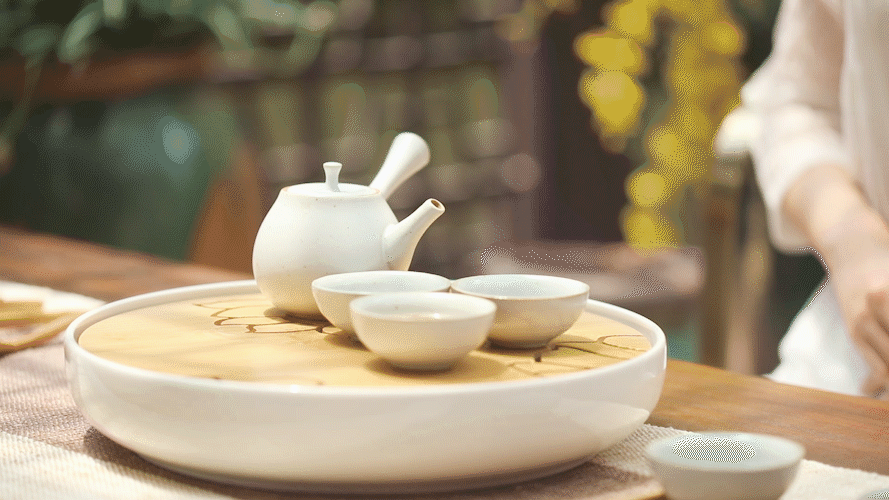
Lesson 22: How to Express Past Tense in Chinese

There is no verb conjugation in Chinese. The form Chinese verb is only one regardless the tense of the sentence. Let’s say, the English ‘go’ can be conjugated as ‘go-went-gone’. In Chinese, the three of ‘go-went-gone’ are all expressed in only one word, 去 (qù). Isn’t that sounds good?
So, how do we differentiate what is the time that the action has occurred? For today, let’s learn how to express past tense in Chinese!
Adverb of Time
The first and also the easiest way to talk about past events is using the adverb of time. As long as you put the time in the sentence, then it is completely clear! Below are a few commonly used past time phrases:
Chinese Pin Yin English
三年前 sān nián qián three years ago
两年前 liǎng nián qián two years ago
去年 qù nián last year
三个月前 sān gè yuè qián three months ago
两个月前 liǎng gè yuè qián two months ago
上个月 shàng gè yuè last month
三个星期前/三周前 sān gè xīngqí qián/sān zhōu qián three weeks ago 两个星期前/两周前 liǎng gè xīngqí qián/liǎng zhōu qián two weeks ago
上个星期/上周 shàng gè xīngqí/shàng zhōu last week
三天前 sān tiān qián three days ago
两天前 liǎng tiān qián two days ago
昨天 zuótiān yesterday
昨晚 zuó wǎn last night
刚才/刚刚 gāng cái/gāng gāng just now
以前 yǐ qián before
过去 guò qù in the past
EXAMPLES:
我们两年前搬过家。
Wǒ men liǎng nián qián bān guò jiā.
We moved two years ago.
我昨天吃了牛排。
Wǒ zuó tiān chī le niú pái.
I ate steak yesterday.
她体重减了很多,比以前轻了五公斤。
Tā tǐ zhòng jiǎn le hěn duō, bǐ yǐ qián qīng le wǔ gōng jīn.
She lost a lot of weight and was five kilograms lighter than before.
Aspect Particle
We can also add the aspect particle, such as 了 (le) and 过 (guò) to indicate past events.了 (le) is used to indicate the completion of an action. In a similar way, 过 (guò) is used to show that something has happened before.
The above three examples in adverb of time section contained the aspect particles in the sentence. In fact, the aspect articles can be also used with/without the adverb of time. For the usage without the adverb of time, please see the followings:
他去了罗马尼亚。
Tā qùle luómǎníyǎ.
He went to Romania.
我喝了三杯果汁。
Wǒ hē le sān bēi guǒ zhī.
I drank three glasses of juice.
他们一起做过生意。
Tā men yī qǐ zuò guò shēng yì.
They had done business together.
她看过你的照片。
Tā kàn guò nǐ de zhào piàn.
She had seen your photo.
In addition, they 了 (le) and 过 (guò) can also appear together in one sentence. Example:
我吃过早餐了。
Wǒ chī guò zǎo cān le.
I had a breakfast.
他们已经见过面了。
Tā men yǐ jīng jiàn guò miàn le.
They had already met.









